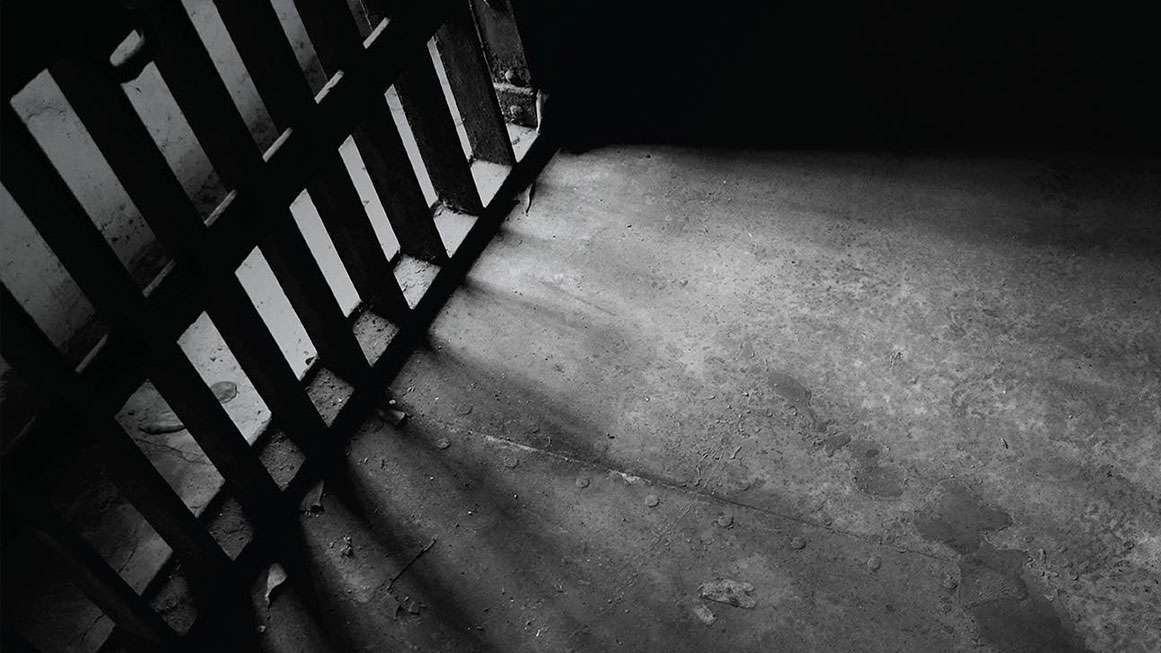Review: A True Crime Podcast Investigating the Iraq Massacre
The third season of “In the Dark,” a true crime podcast produced by The New Yorker, sheds light on a troubling case largely overlooked and buried by those in power: the Haditha massacre in Iraq, where U.S. Marines killed at least 24 unarmed men, women, and children in 2005. Despite the enormity of the crime, the legal repercussions were minimal. Only one Marine was convicted, and that was for “dereliction of duty,” with no prison time served. The podcast utilizes Freedom of Information Act lawsuits alongside thorough investigative journalism to reveal shocking new details about the massacre and the attempts to cover it up. Among these revelations is a haunting fact that there was a 25th victim, who died in a military hospital without his family’s knowledge, further illustrating the systemic failures in acknowledging and addressing the consequences of military actions.
Colonel Gregory Watt, who supervised the early investigation into the incident, is interviewed in the podcast and reflects on the broader implications of the massacre. His comments suggest a deep-seated reluctance within military leadership to confront the traumatic and complicated realities of war. He speaks of the fallout in terms of ruined careers, implying that the consequences of the massacre extend beyond the tragic loss of life. When pressed about the well-being of Iraqi survivors, Watt diverges into a problematic narrative, asserting that they must have “moved on” because they possess “different values” than Americans. This response starkly illustrates the disconnect between military personnel and the lives of civilians impacted by their actions, underscoring a troubling attitude that minimizes the significance of the suffering endured by these communities.
In an emotional counter-narrative, Safa Younis emerges as a powerful voice representing the victims. Having been only 11 years old during the massacre, she recounts harrowing memories of hiding from the Marines, her sister’s blood on her, an indelible mark of the trauma she endured. Younis articulates a commitment to seeking truth and accountability for those wronged, emphasizing that recognizing the reality of the tragedy is essential for justice. Her insistence that the deceased do not deserve to be forgotten resonates throughout the podcast, reminding listeners that the chaos of war has lasting impacts on real lives. Rather than allowing the trauma to fade into history, she calls for acknowledgment and justice as a means of honoring her family and others who suffered unjustly.
The podcast not only chronicles the details of the Haditha massacre but also serves as a sobering reminder of the long-term aftermath faced by those living in war-torn regions. It confronts the American public with the unsettling reality that many veterans and military officials may view the Iraq War merely as a historical blunder that they can distance themselves from. Yet, for the victims and survivors in Iraq, the consequences of the invasion persist. The juxtaposition between the viewpoints of the Marines involved and the narratives of Iraqi citizens like Younis reveals a significant moral chasm in the perceptions of war and its effects. This narrative dissonance highlights a critical need for greater understanding and acknowledgment of the civilian casualties in military conflicts.
“In the Dark” makes a concerted effort to humanize the victims, placing their stories at the forefront of the discussion rather than allowing the focus to remain solely on the actions of the Marines. Through meticulous reporting and firsthand accounts, the podcast lays a foundation for recognizing the complex realities of war. The emotional weight carried by survivors becomes a central thread that challenges listeners to confront their own perspectives about conflict and accountability. It underscores the necessity of listening to those who have been most directly affected by such events and ensuring that their voices become a part of the broader narrative.
Ultimately, the third season of “In the Dark” serves as both an investigative exposition and a poignant reminder of the painful legacies of war. By drawing attention to the Haditha massacre, the podcast emphasizes the moral imperative to address past injustices rather than enabling them to fade into obscurity. It compels audiences to remember the very real human costs of military actions, highlighting the ongoing struggles of those left behind and amplifying the call for accountability. Through its thorough exploration of the massacre and its aftermath, the podcast not only seeks truth but also champions justice for the victims, ensuring that their stories—and the lessons they impart—are not forgotten.
Share this content:












Post Comment